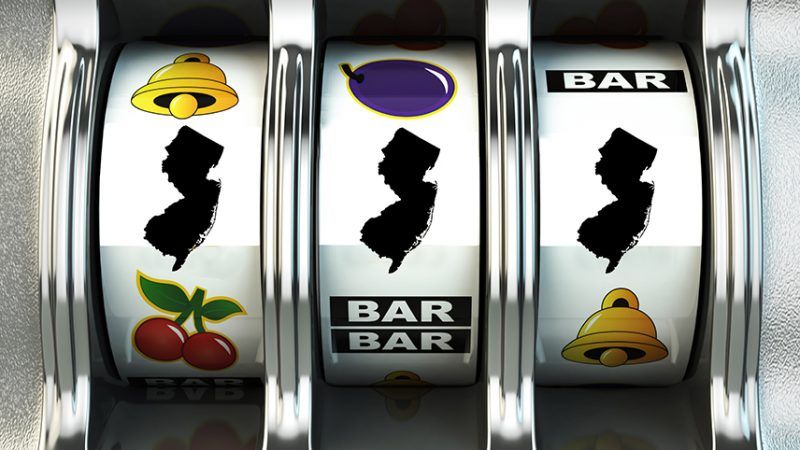Will SCOTUS Bet on Federalism?

New Jersey is on a constitutional collision course with the federal government—and with some of the biggest names in professional and college sports. At issue is whether Congress violates the 10th Amendment by forbidding the Garden State from partially repealing its statewide ban on sports betting.
Christie v. National Collegiate Athletic Association, which comes before the U.S. Supreme Court this term, has the makings to be one of the biggest federalism cases in years.
In 2012, New Jersey voters amended the state constitution to legalize sports betting at racetracks and casinos statewide. Lawmakers responded by partially lifting an existing ban on the practice.
But then the National Collegiate Athletic Association, the National Basketball Association, the National Football League, the National Hockey League, and the Office of the Commissioner of Baseball filed suit to thwart the effort. They argue the state has contravened the federal Professional and Amateur Sports Protection Act (PASPA), which made it illegal for "a governmental entity to sponsor, operate, advertise, promote, license, or authorize by law or compact" sports betting.
That federal law did contain exemptions for states such as Nevada, where sports gambling was already legal, and for Atlantic City, New Jersey. But the overall purpose was to prevent states from legalizing sports betting. The Garden State is now fighting to get the feds off its back. "Never before has federal law been enforced to command a State to give effect to a state law that the State has chosen to repeal," New Jersey told the Supreme Court in its petition for certiorari.
The sports leagues, which oppose legalized betting on the grounds that it will lead to bribery and corruption among athletes and officials, insist that the federal government has every right to control the states in this manner. PASPA is "an unremarkable exercise of Congress' settled power to regulate commerce in sports gambling," they claim. The Trump administration takes an equally broad view of federal power.
A nationwide ban on sports betting would probably be upheld by the Supreme Court under existing precedent, which recognizes broad congressional power to regulate economic activity. But that is not the sort of regulation being challenged here. In this case, Congress has effectively dictated the terms of a state law in order to further its own regulatory goals. The Court has repeatedly said federal commandeering of the states is not permitted under the Constitution.
Soon we'll learn which the justices will put first—federalism or federal power. Place your bets now.
This article originally appeared in print under the headline "Will SCOTUS Bet on Federalism?."


Show Comments (3)